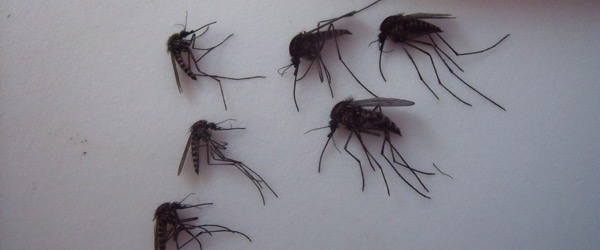Global Warming Disrupting Arctic Life for the Caribou
Earth’s climate has changed constantly during the 4 billion years that life has lived on this planet. But usually, it changes slowly. When the climate has changed quickly, species that failed to adapt died off, often in shocking numbers. The quickly warming Arctic is now forcing caribou to adapt.
The caribou breeding cycle is timed to the sun, not to temperature. It is timed so that baby caribou will be born during late May or early June, every year, without exception. Plants are different. They time their growth cycle to the temperature. They can be awakened early.
Before the Arctic started warming, these two cycles were in sync. A pregnant caribou could count on there being plenty of nutrient-rich vegetation around in May, when she needed it most, to feed the single baby calf growing within her.
Climate change is decoupling these cycles. Plants are erupting out of the ground earlier in the year. By the time pregnant caribou arrive at their birthing grounds, the vegetation has already peaked. Mothers are becoming malnourished. Fewer calves are being born, and fewer are surviving their crucial first few months. And even when they do survive, they are still vulnerable, to overhunting, and to diseases carried north by deer that would never have survived the Arctic chill of yesteryear.
Caribou populations are reeling. And now they face a new menace - Mosquitoes.
The Arctic mosquito, a larger, furrier version of the ubiquitous pests, are getting a longer breeding season as Arctic ponds warmed earlier in the year, researchers from Dartmouth have found.
The large flying insects are a nuisance to humans but potentially harmful to wildlife, especially caribou. While they're not known to spread disease, the persistent insects can drive the caribou to remote snowbanks or hilltops to seek shelter. They will go to the top of windy hill. When they do that, they are often moving to areas with no food or no quality food.
The earlier the insects hatch, the bigger a problem they become for the caribou since they overlap with the birth of caribou calves, researchers said, noting that if the calves are forced to retreat to snowier or more desolate areas, they could die without adequate nutrition. In the Arctic, temperatures have increased at twice the global rate in the past 100 years, according to the study.
Increased mosquito abundance, in addition to northward range expansions of additional pest species, will have negative consequences for the health and reproduction of the caribou.

No comments:
Post a Comment